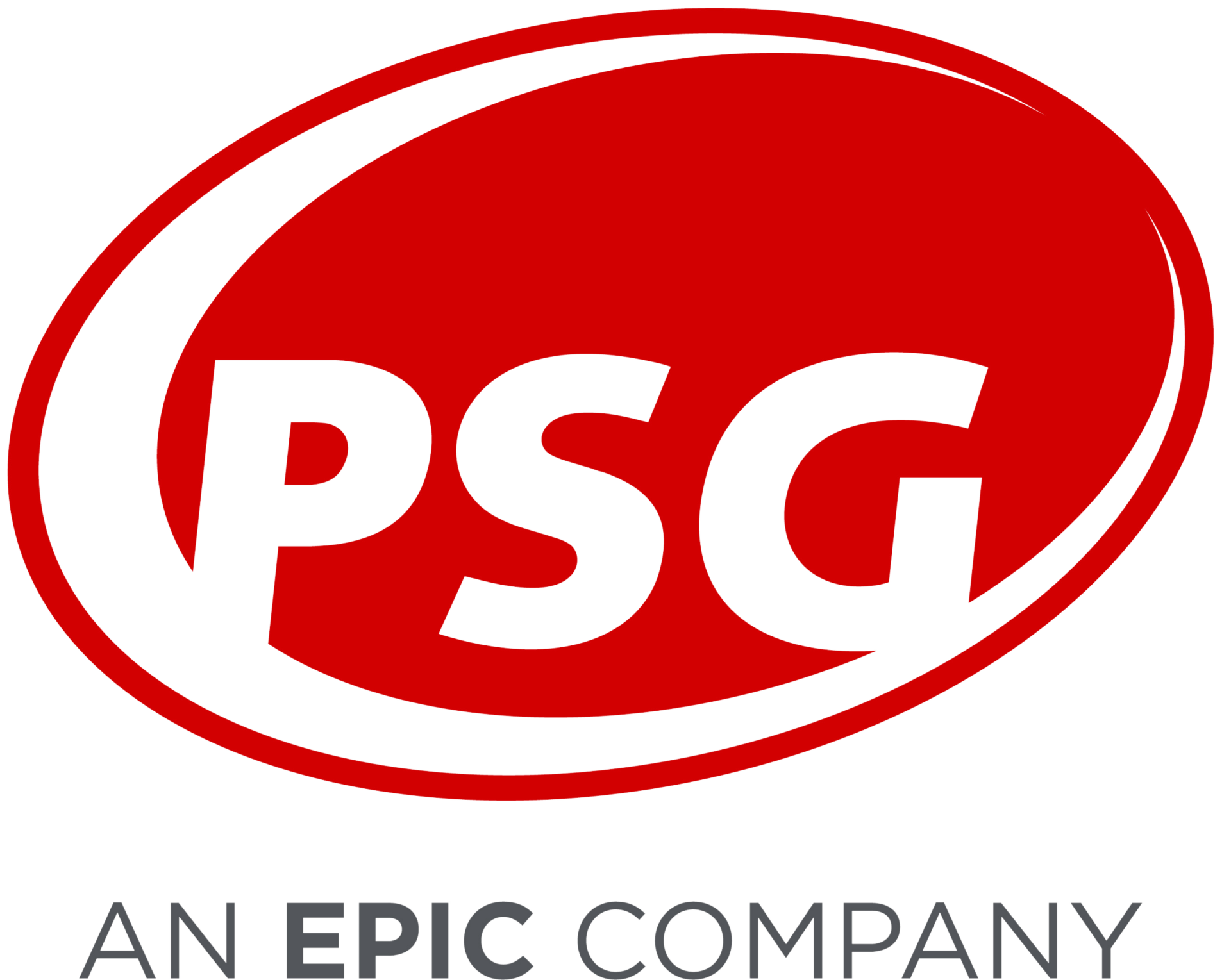Embracing the Modular PBA Services Model: A Flexible Approach to Pharmacy Benefits Management
Posted on April 3, 2024
A Modular PBA Services Model Can Provide The Flexibility Desired By Plans
The term “Modular PBA Services” is one we are all very familiar with by now. It has signaled the potential for a seismic shift in the Pharmacy Benefits Management (PBM) industry, an industry that has evolved significantly in recent years, with vertical integration and regulatory changes shaping the landscape. As health plans seek greater control, transparency, adaptability, and access to market disruptors for their pharmacy benefits, the Modular PBA Services model has emerged as an innovative solution. This approach provides an alternative to traditional, vertically integrated PBMs, promising health plans increased portability, transparency, and customization.
The Traditional PBM Landscape and The Rise of the Modular PBA Services Model
Traditional, vertically integrated PBMs have played a pivotal role in managing pharmacy benefits for health plans. While these PBMs have brought efficiency and scale to the industry, some health plans have faced challenges related to limited choices, potential conflicts of interest, pricing opacity, and rigid structures. As the healthcare environment continues to evolve, health plans are seeking more agile and tailored solutions to meet their unique needs. The Modular PBA Services model represents a paradigm shift in the way pharmacy benefits are managed. Rather than relying on a single, vertically integrated PBM, this model integrates multiple vendors and partners to create a customized and adaptable solution tailored to each plan sponsor’s requirements.
Key Components of the Modular PBA Services Model
Choice Over Vendors and Partners: At the core of the Modular PBA Services model is the ability for health plans to select the most suitable partners for specific PBM functions, such as mail-order pharmacy services, rebate management, claims adjudication, and retail and specialty pharmacy services. This “best-in-class” approach fosters competition and drives innovation, ensuring health plans can leverage the strengths of different vendors, including mid-tier industry disruptors.
In-House PBM Functions: The Modular PBA Services model empowers health plans to manage certain PBM functions internally based on their capabilities and, if applicable, Integrated Delivery Network (IDN) assets. This flexibility allows health plans to optimize resources, retain margins, and align pharmacy benefits with their overall healthcare strategy.
Improved Transparency: One key advantage of the Modular PBA Services model is the enhanced transparency it offers. Health plans gain a clear understanding of the various revenue streams of their partners, enabling informed decision-making. Additionally, a centralized technology hub facilitates consistent information sharing, ensuring seamless communication and data integrity.
Rise of the Mid-Tier Disruptors: The Modular PBA Services model creates opportunities for smaller, innovative PBMs or point solutions to compete competitively against larger, established players. By offering specialized services and pioneering business models, these mid-tier disruptors can carve out a niche in the market, driving competition and fueling innovation.
Benefits of the Modular PBA Services Model
Flexibility and Customization: The Modular PBA Services model empowers health plans to tailor their PBM approach to meet their specific needs, whether it’s cost containment, member satisfaction, or the integration of innovative pharmacy programs. This level of customization ensures that health plans can optimize their pharmacy benefits strategy with specific organizational needs in mind.
Cost Savings and Efficiency: By leveraging best-in-class partners and streamlining operations, the Modular PBA Services model delivers significant cost savings and operational efficiencies. Assumption-based models have seen improved rates and savings similar to those found in traditional PBM model procurements.
Member-Centric Care: With the Modular PBA Services model, health plans can prioritize a member-centric approach and implement innovative pharmacy programs that enhance medication adherence, improve health outcomes, and foster a more personalized healthcare experience.
Challenges and Considerations
While the Modular PBA Services model offers numerous advantages, it requires careful consideration and planning. Implementing a Modular PBA Services model is not an overnight process and often requires a long runway to get started. Managing multiple partners and ensuring seamless integration can be complex, necessitating robust technology infrastructure and effective data-sharing protocols. Health plans must evaluate their readiness and capabilities to navigate these complexities successfully as the health plan brings previously outsourced administrative functions under their control. Planning early and acting quickly will prove to be advantageous when putting the pieces together of the portable model.
Future Trends and Adoption
As the healthcare industry continues to evolve, the Modular PBA Services model is poised for wider adoption. Health plans are exploring a continuum of disaggregation, ranging from partial outsourcing to full virtualization, allowing them to find the right balance for their unique circumstances. While some health plans are choosing to find unique vendors for each functional area of PBM services, some are finding that carving out rebates administration and/or specialty pharmacy to deliver savings and greater control with less administrative work shifting to the health plan. The Modular PBA Services model has the power to reshape the PBM landscape by introducing new players, fostering innovation, and empowering health plans with greater control over their pharmacy benefits. However, it is important that health plans evaluate where along the continuum of disaggregation is the best fit for their plan currently and in the near future
The Modular PBA Services model represents an innovative approach to pharmacy benefits management, offering health plans the portability, transparency, and customization they seek. By embracing this model, health plans have the opportunity to optimize costs, enhance member experiences, and drive innovative pharmacy programs that improve overall healthcare outcomes. If you are a health plan seeking to explore the potential of the Modular PBA Services model, reach out to our experts. Our team of experienced professionals is dedicated to guiding you through this journey, helping you navigate the complexities, and unlocking the full potential of this flexible approach.
Register for our upcoming webinar to learn more. Unlocking Value: Exploring the Potential of Unbundling Services with a Modular PBA Model

